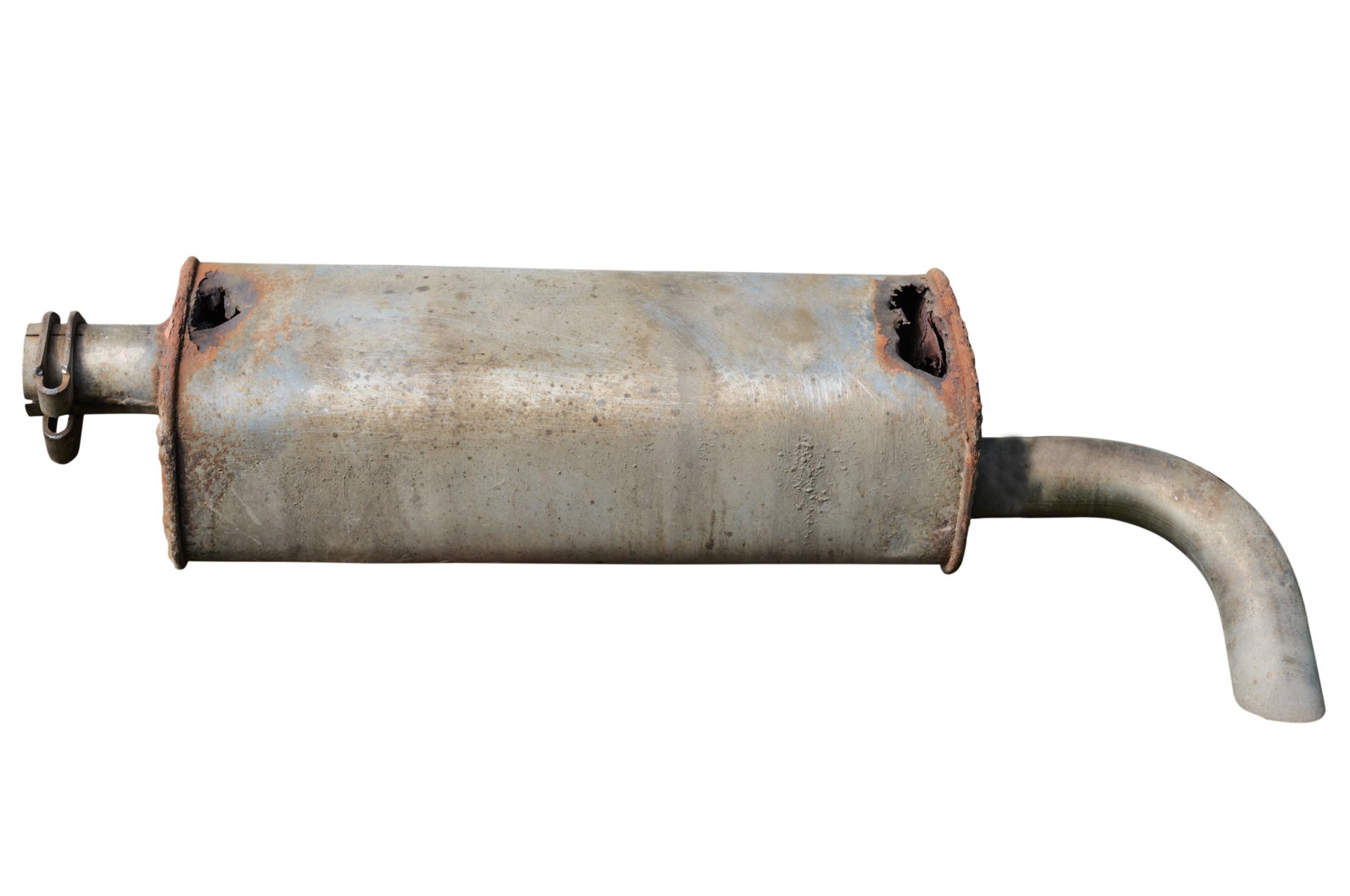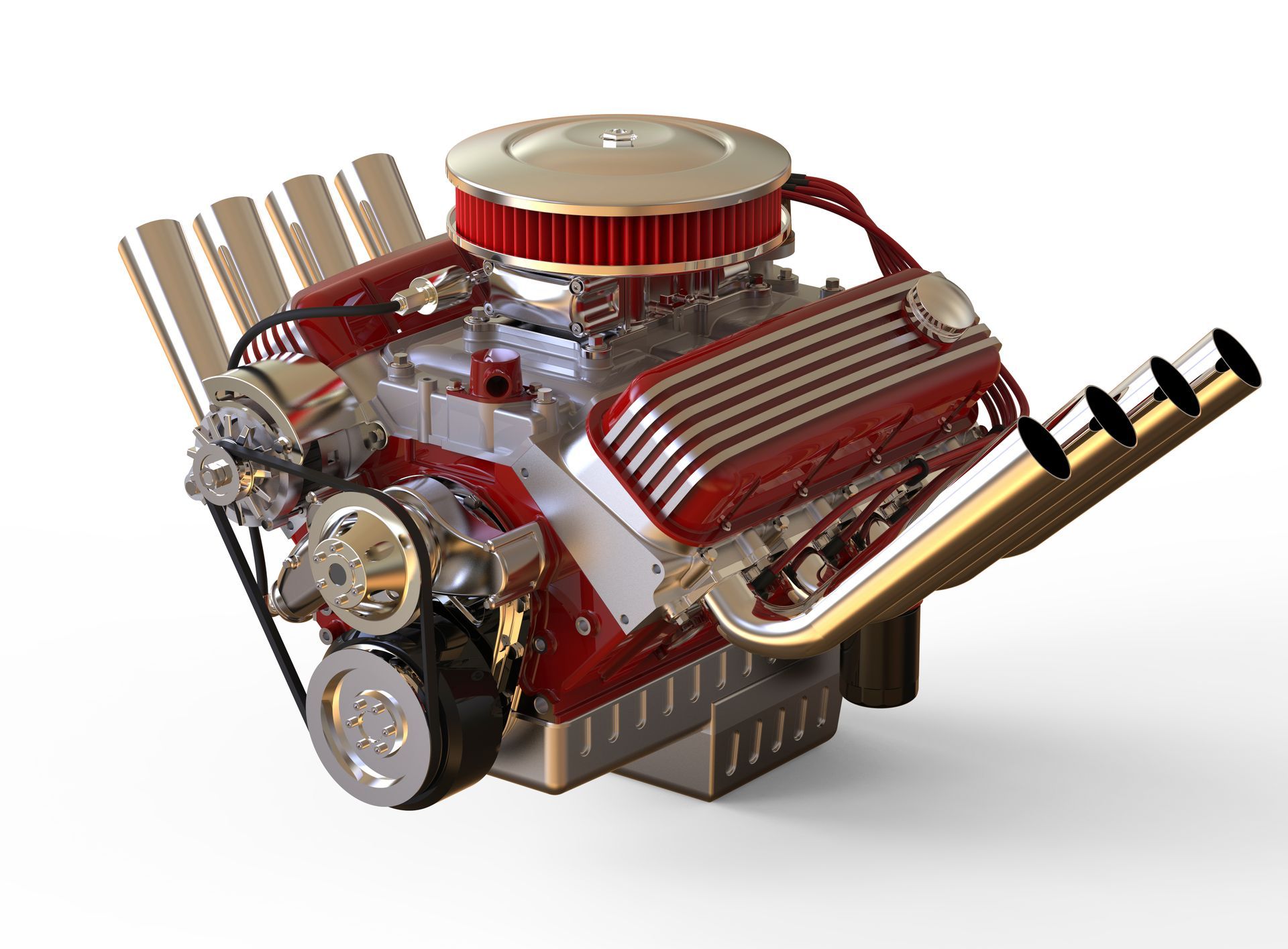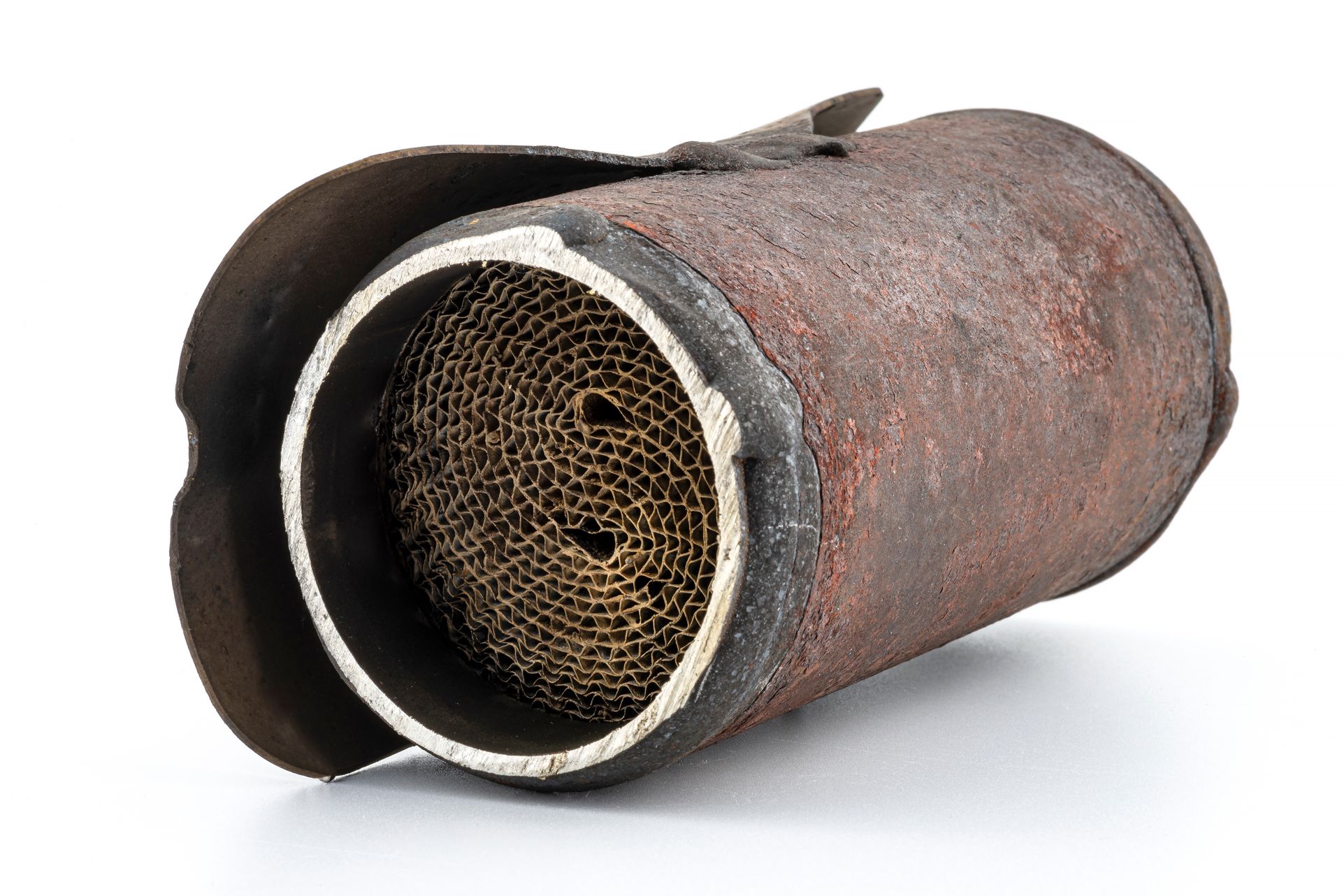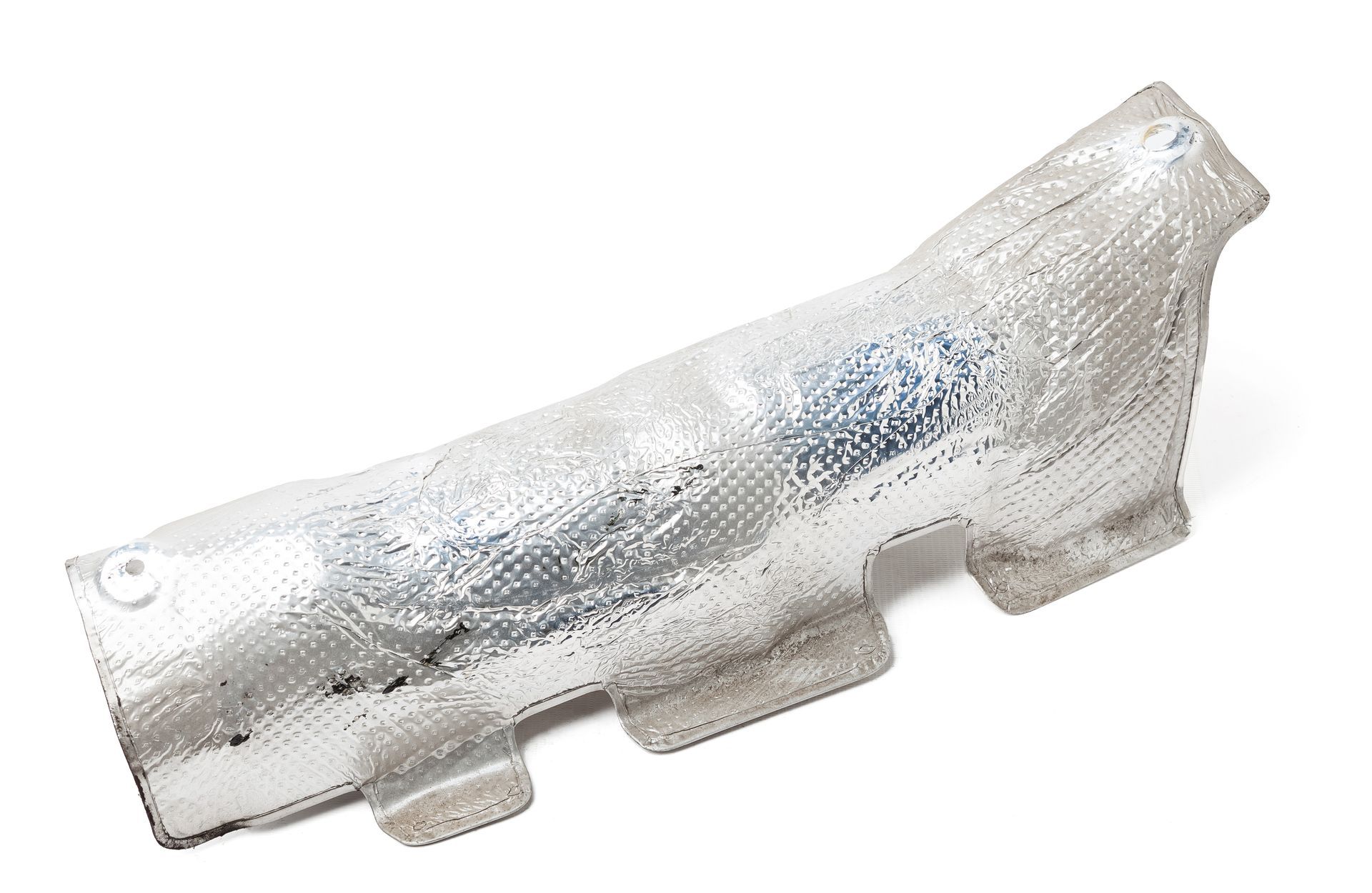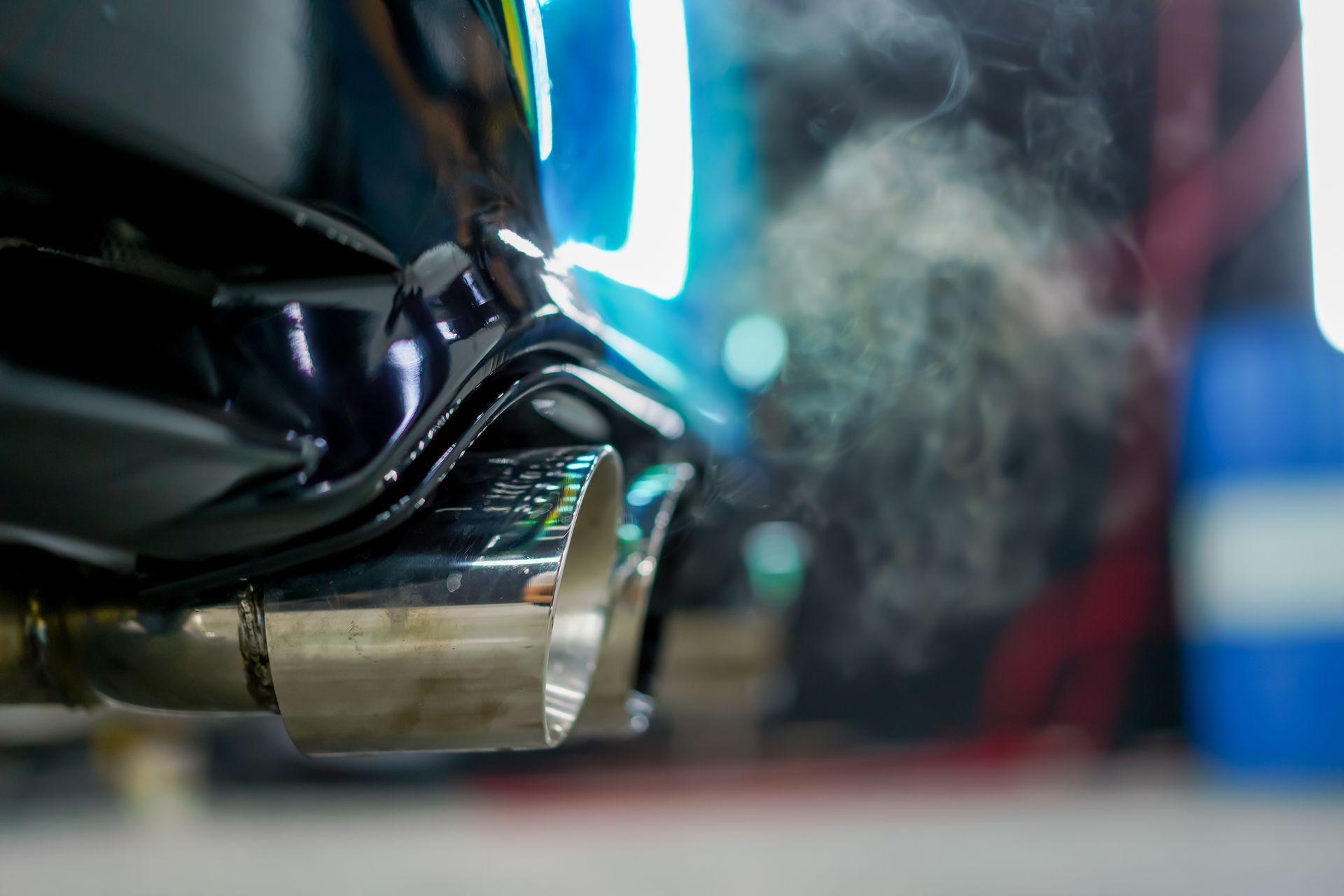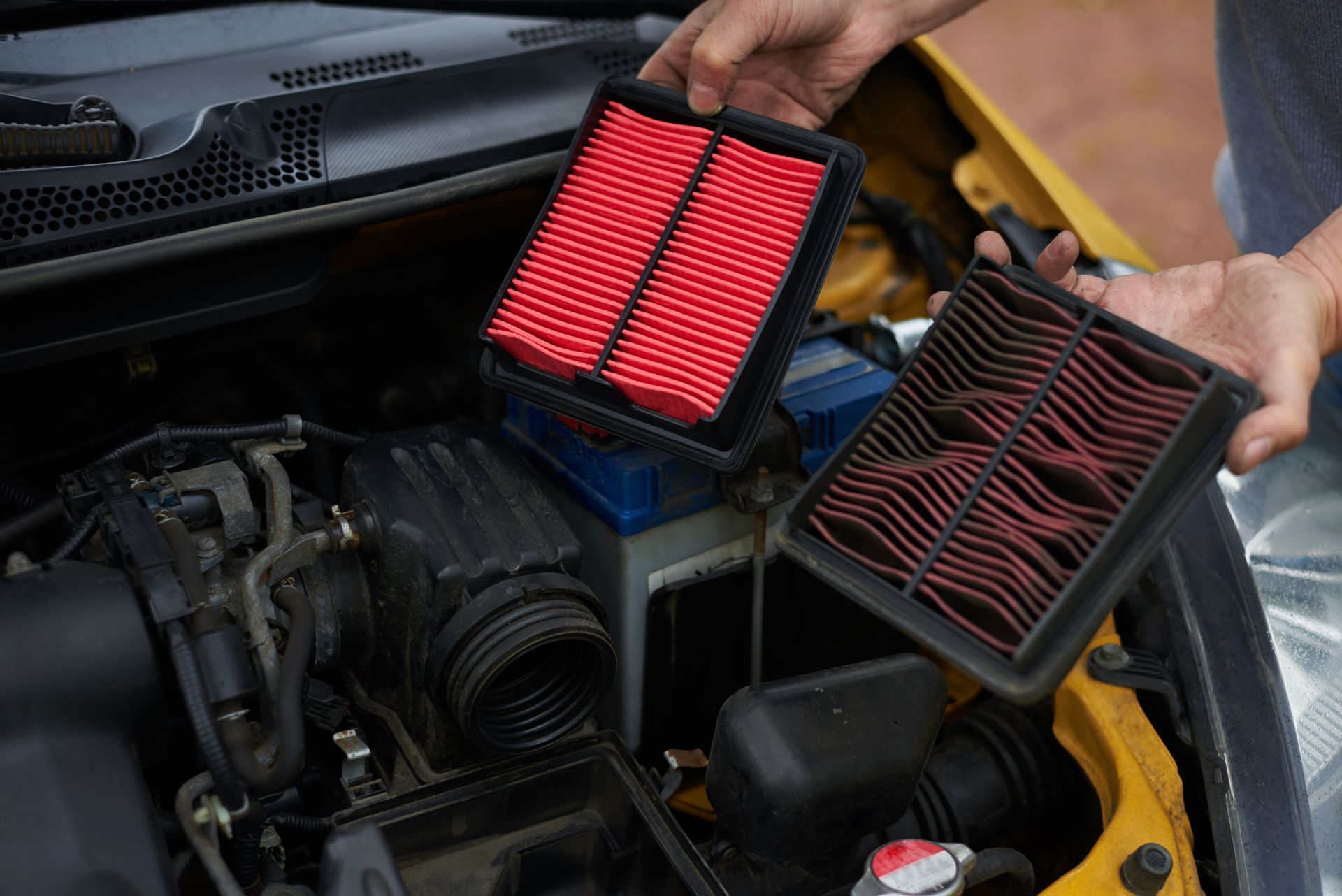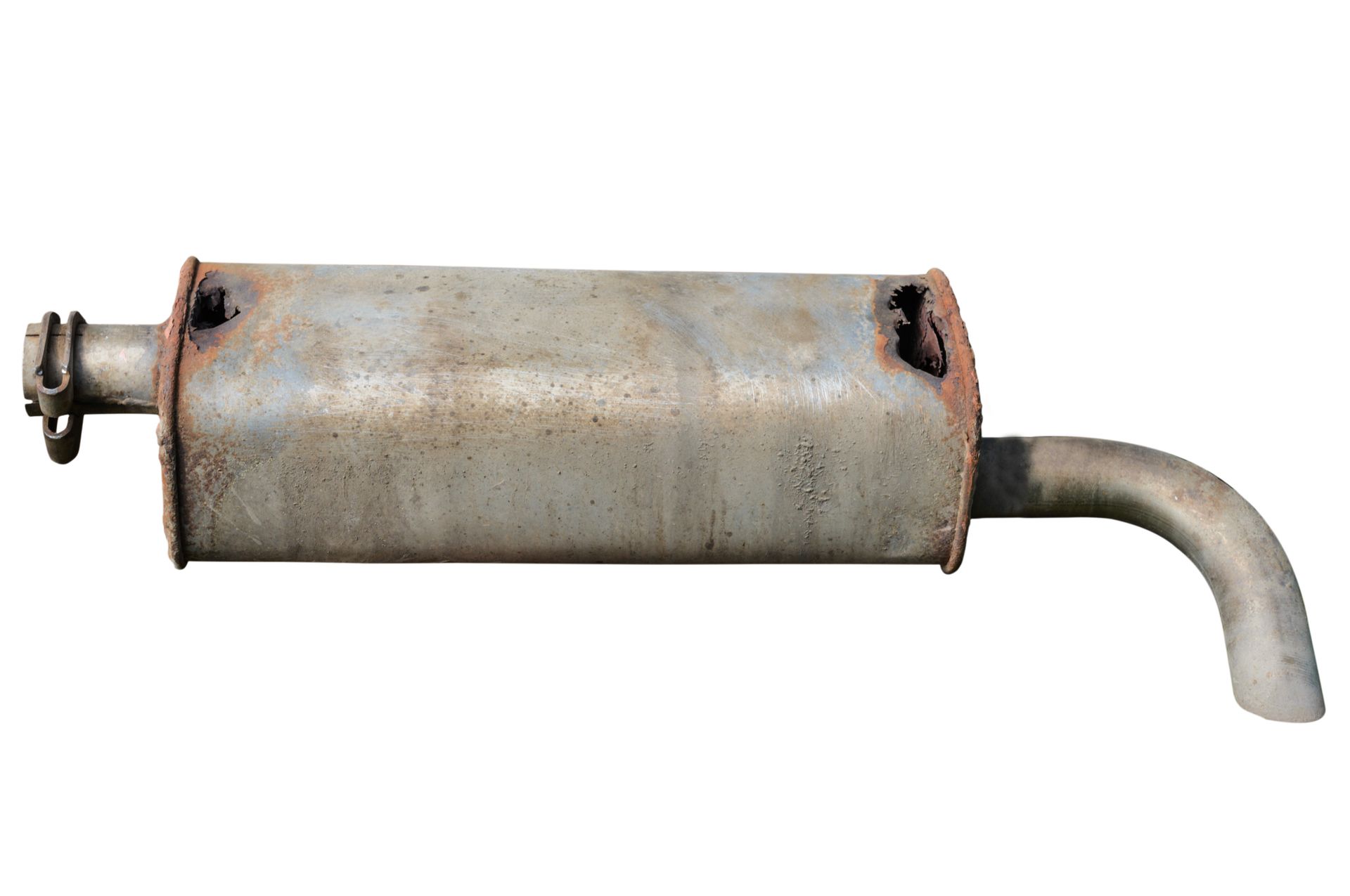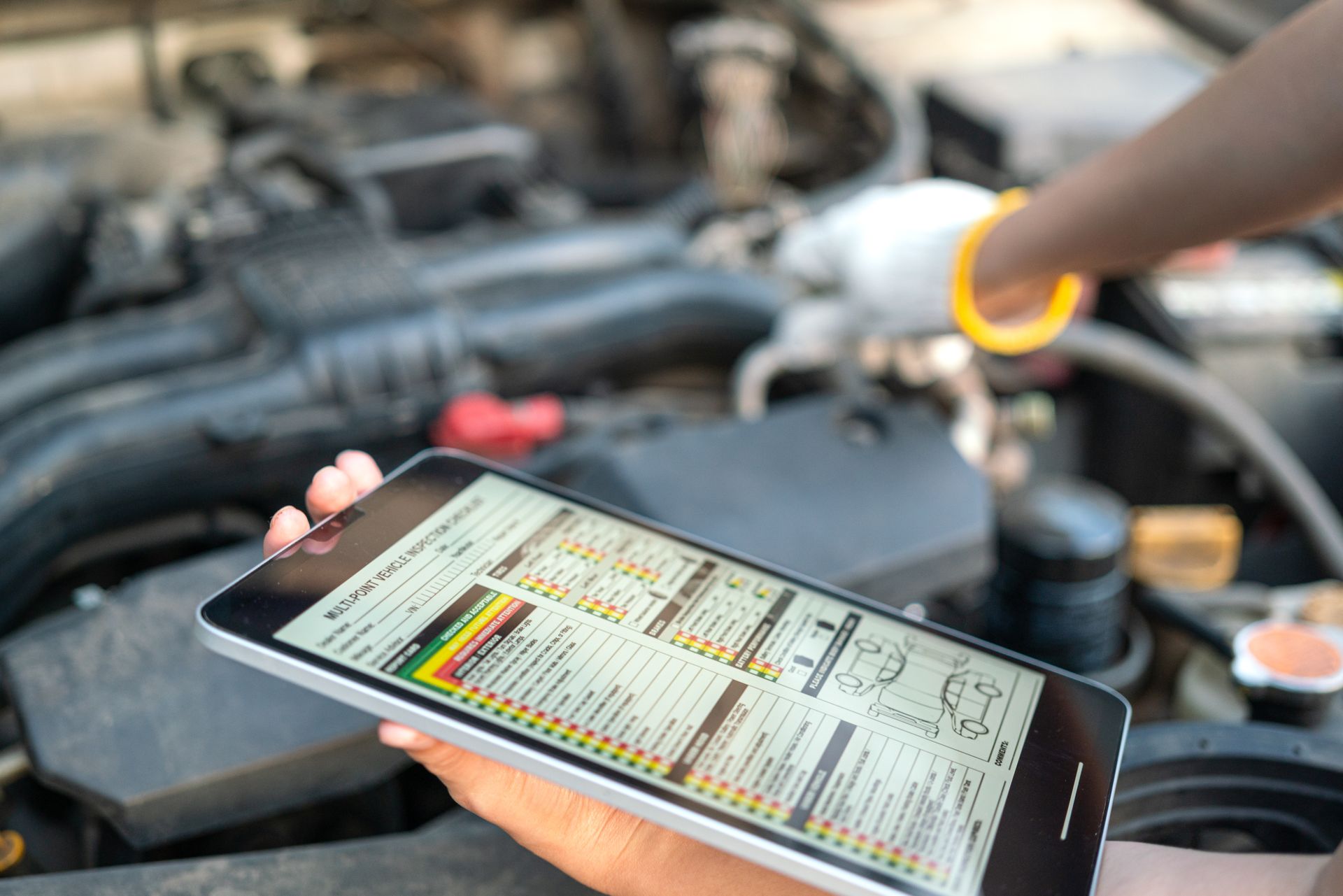Your car’s fuel pump plays a simple but critical role—it delivers fuel from the tank to the engine at the proper pressure and volume. Without it, your engine won’t start or run properly. Because the fuel pump is located inside the gas tank, it’s not something most drivers think about until symptoms start to appear. But knowing the signs of a failing fuel pump can help you catch problems early and avoid being stranded with a no-start condition.
If your vehicle has trouble starting, stalls while driving, or lacks power under acceleration, the fuel pump could be the culprit.
What Does the Fuel Pump Do
The fuel pump ensures a steady flow of fuel to the engine, regulated at a specific pressure required by your car’s fuel injection system. Most modern vehicles utilize electric fuel pumps located in the fuel tank, which are designed to last for many thousands of miles. However, like any component, they can wear out over time, especially if the fuel filter becomes clogged or the vehicle is frequently run on a low tank.
Common Signs of a Failing Fuel Pump
When a fuel pump begins to fail, it may show several warning signs that become more noticeable over time. These symptoms don’t always appear together, but they should never be ignored.
Difficulty Starting
One of the earliest signs of fuel pump trouble is a longer-than-usual crank when starting the engine. You might hear the starter engage, but the engine takes several seconds to catch or doesn’t start at all. This happens when the pump fails to deliver adequate fuel pressure during startup.
Engine Sputtering or Stalling
If your engine sputters or stalls while driving, especially at higher speeds or under load, it could be due to inconsistent fuel delivery. As the pump struggles to maintain pressure, the engine may lose power or even shut off temporarily.
Loss of Power During Acceleration or Uphill Driving
When you press the gas to merge onto the highway or climb a hill, the engine requires more fuel. A weak pump might not be able to keep up, causing the vehicle to hesitate, lose power, or jerk during acceleration.
Unusual Whining Noise from the Fuel Tank
A loud whining or buzzing sound from the rear of the vehicle could indicate that the fuel pump is wearing out. This sound is often more noticeable when the tank is low. While some noise is normal, a louder-than-usual whine is worth getting checked.
Decreased Fuel Efficiency
A fuel pump that’s losing efficiency may not supply fuel at the correct pressure. The engine compensates by running rich, burning more fuel than necessary. If you notice a sudden drop in miles per gallon, a weakening fuel pump could be part of the problem.
What Causes Fuel Pump Failure
Fuel pumps don’t fail randomly. Several factors can contribute to premature wear. Running your vehicle with a nearly empty gas tank can overheat the pump, as gasoline helps cool and lubricate it. Contaminants like dirt or rust in the fuel tank can also damage pump components.
A clogged fuel filter forces the pump to work harder than necessary, which shortens its life. Regular fuel filter replacements and avoiding dirty or low-quality fuel help protect the system.
Testing and Diagnosing Fuel Pump Issues
If you suspect your fuel pump may be failing, it’s best to have a professional perform a fuel pressure test. This involves attaching a gauge to the fuel system to measure whether the pump is delivering the correct pressure. In some cases, technicians will also inspect the fuel relay, wiring, and fuel filter to ensure there are no other issues affecting performance.
It’s important to diagnose thoroughly before replacing a fuel pump, as the job can be labor-intensive, especially if the fuel tank needs to be removed.
Get Expert Fuel System Diagnosis at Ed Hanson’s Muffler Service in Spring Valley, CA
If your car is hard to start, stalls while driving or struggles under acceleration, your fuel pump may be trying to tell you something. Our team can diagnose the issue quickly and recommend the right repair before you’re left stranded.
Call
Ed Hanson’s Muffler Service in Spring Valley, CA, today to schedule your fuel system inspection and keep your vehicle running smoothly.

